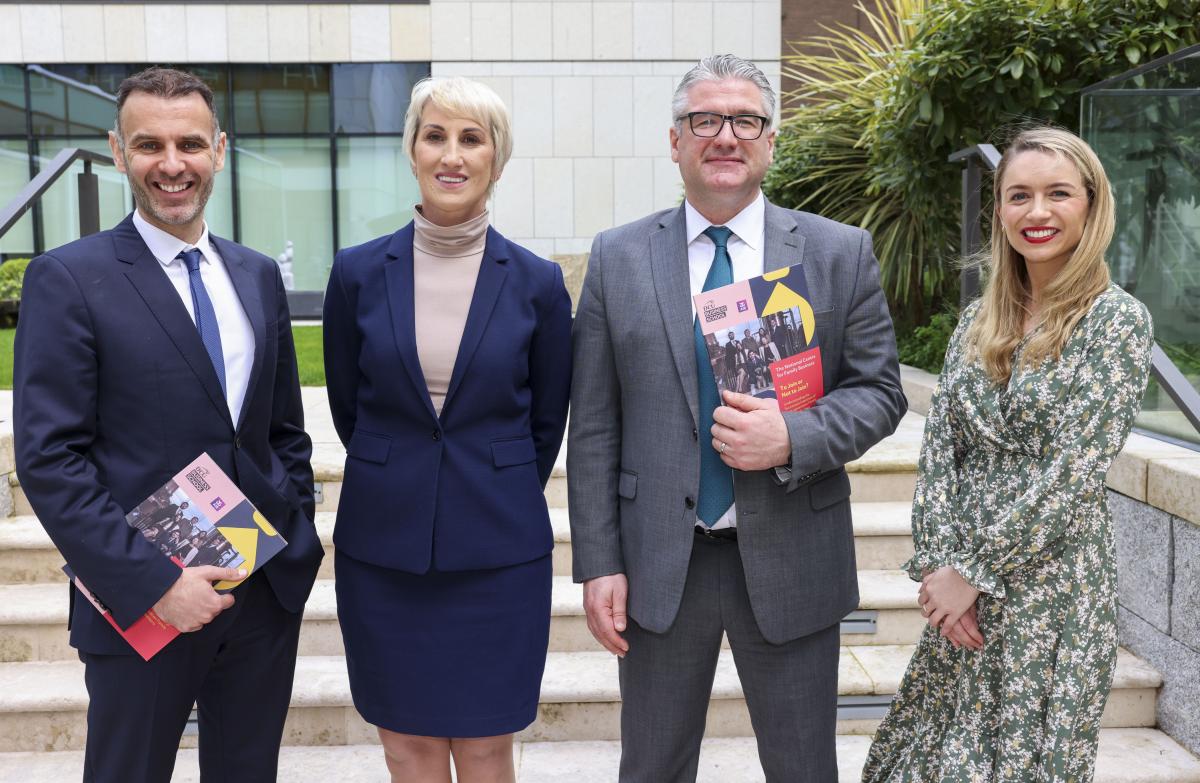

DCU National Centre for Family Business launch succession report
Ireland is bucking the international trend when it comes to succession in family businesses, according to a new DCU National Centre For Family Business study.
The report finds that males surveyed were significantly more likely to intend to be a successor than females, and to feel a significantly higher degree of ‘psychological ownership’ of the business.
Employing nationwide surveys and interviews with higher-education students from a family business background, this project uncovered ample evidence that the worldwide succession crisis may not be so stark for the island of Ireland. Almost half (48%) of respondents have seriously thought about taking over their family’s business one day. 40% have strong intentions to become a successor. However, the strongest intent rating was chosen twice as often by male potential successors’ (66%) than their female counterparts (33%).
This gender discrepancy is also found in perceived ownership stakes of the next generation. While 85% of all respondents do not hold a financial ownership stake in their family’s business, 39% of next-gen members reported feeling a very high degree of psychological ownership for the business. Males were significantly more inclined to strongly feel this very high degree of personal ownership (59%), than their female counterparts (41%).
A strong theme of family succession also emerges from the research, as 72% of respondents believe the next CEO of the family business will be a family member. When questioned about determining factors in choosing the next line, level of interest in the business is believed to most influence the choice of successor, and order of birth the least influential.
The study also found a largely positive perception of the impact of family businesses on the world around them, nearly three quarters (73%) agree that their family business is recognised for positively contributing to the local community, while 62% agree that involvement in their family business will allow them to positively contribute to sustainable cities and communities.
In the Republic of Ireland, family businesses represent over 64% of all firms and employ over 940,000 people.
Dr Eric Clinton, Director of the DCU National Centre for Family Business, said:
“Family businesses are the bedrock of economies and communities, exercising the dynastic will to build strong businesses and survive the social and economic crises that often crush non-family businesses. Despite this prominence, a global succession crisis has recently emerged, but not for the island of Ireland.
“We found that succession aspirations are healthy, and the shaping of next-generation intentions regarding educational choices, sustainability, emotional well-being and socio-emotional wealth will each play a vital role in realising these aspirations to maintain a resilient all-island economy.”
John Brennan, AIB Head of SME Banking, said:
“With over 160,000 family businesses employing almost one million people, it is clear that family businesses make a major contribution to the communities they serve and to the wider economy across the entire island of Ireland. It is heartening to see that that 40% of the next generation surveyed have strong intentions to become a successor in the family business, preserving these enterprises for generations to come.
“I would like to congratulate the DCU National Centre for Family Business for producing this valuable research. Understanding the issues that family businesses are facing is key for us as a bank in helping our customers to plan for a sustainable future.’’
More information on the DCU National Centre for Family Business can be found here.
